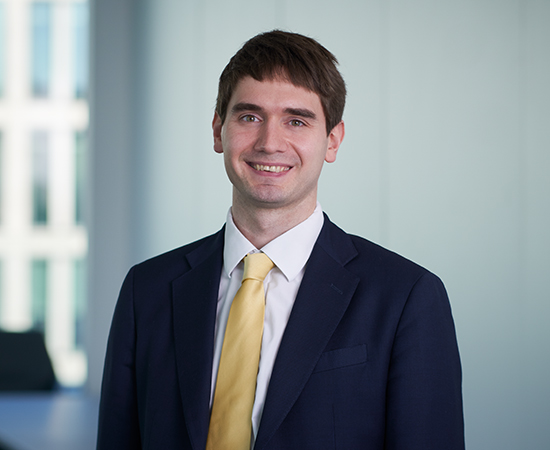This article focuses on Superfunds including ‘Clearance’ aspects.
Where are we now with Superfunds?
In our recent article on Superfunds (published in Investment & Pensions Europe, 7 August 2020) we ask whether UK Superfunds are superfast, or dead in the water. At present Superfunds are somewhere in between these two extremes. There are tricky issues to navigate as we explain below.
Background
TPR has followed up its interim guidance published in June 2020 with further detailed guidance entitled “Superfunds Guidance for Prospective Ceding Trustees and Employers” published on 21 October 2020. Some salient points from this further guidance:
- The further guidance is a stop-gap pending legislative authorisation and supervisory framework.
The Pensions Minister has stated that he expects this new legislation will be included in a new Pensions Bill in 2021.
- A transfer of members’ benefits to a Superfund should occur only if the transfer improves the likelihood of members’ receiving full benefits; and
- Transfers to Superfunds should be considered only if there is no realistic prospect of a buy-out in the forceable future (for example, in the next 5 years).
What does TPR say about “Clearance” on transfers to Superfunds?
Superfunds are new vehicles and involve the severance of employer liability to its DB fund, so TPR is rightly cautious in its approach. It requires ceding employers (employers severing liability) to apply to TPR for Clearance that TPR will not exercise its contribution notice and financial support directions powers in relation to the transaction (“Existing Anti-Avoidance Powers”).
In support of the Clearance application both the ceding employer and the trustees will have to provide extensive information and opinions, including on:
- why the Superfund solution is better than other options;
- whether past corporate activity has weakened the pension scheme; and
- whether any potential detriment to the scheme caused by the transfer has been adequately mitigated.
Overall, TPR expects trustees and employers to work collaboratively to demonstrate that the transfer to a Superfund provides the best outcome for members. TPR expects trustees to have obtained professional advice in considering and undertaking a transfer to a Superfund.
New criminal offences under the Pension Schemes Bill
As mentioned in our Pensions Ready Reckoner in this issue, the Pension Schemes Bill provides for new criminal offences for reckless conduct in relation to DB schemes.
Assuming the ceding employers obtain TPR Clearance under the Existing Anti-Avoidance Powers, one would not expect the transfer to the Superfund to trigger the new criminal offences in the absence of material non-disclosure. However, one should bear in mind:
- Unsurprisingly there is no ‘Clearance’ process in relation to the new criminal offences;
- The parties who may potentially come within the net of the criminal offences are much wider than under the Existing Anti-Avoidance Powers; the net extends beyond those “connected or associated” with the employer, to anyone whose conduct has been reckless and could, at least in theory, extend to lending banks and/or advisers; and
- One would expect very few actual prosecutions under the new offences and the criminal standard of proof applies namely beyond reasonable doubt. Nonetheless, the existence of the new criminal offences will not make the severing of employer liability implicit in the Superfund transfer any easier to arrange and execute.
Royal Assent of the Pension Schemes Bill is likely by 31 December 2020 with the new criminal offences expected to take effect during 2021. Even so, as the legislation contains no cut-off point for past acts or omissions on which the new offences can be based, the new offences are already relevant.
Conclusion
Our conclusion on whether UK Superfunds are superfast, or dead in the water remains the same namely the jury is out and this is notwithstanding TPR’s October 2020 more detailed Guidance. It may be only the arrival of the legislative and supervisory framework – which the Pensions Minister promises soon – will bring the Superfund vessel safely home.








